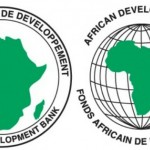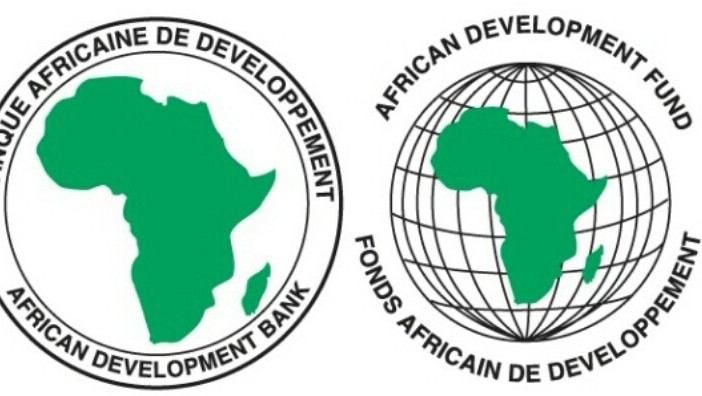 The African Development Bank Group (AfDB) will host a workshop on infrastructure and diaspora bonds in Africa during AfDB’s annual meetings in Morocco on May 29, 2013. One of the main objectives of the seminar to be at held at the Palmeraie Golf Palace in Marrakech, themed “Financing African Structural Change – Infrastructure and Diaspora Bonds” is to raise awareness of all stakeholders in the role that infrastructure and diaspora bonds can play in catalyzing financing to address the existing infrastructure gap in Africa.
The African Development Bank Group (AfDB) will host a workshop on infrastructure and diaspora bonds in Africa during AfDB’s annual meetings in Morocco on May 29, 2013. One of the main objectives of the seminar to be at held at the Palmeraie Golf Palace in Marrakech, themed “Financing African Structural Change – Infrastructure and Diaspora Bonds” is to raise awareness of all stakeholders in the role that infrastructure and diaspora bonds can play in catalyzing financing to address the existing infrastructure gap in Africa.
With the widely cited and largely conservative continental infrastructure gap of USD 93 billion per annum, the urgency for innovative financing was never more palpable. “The resources required to develop and maintain modern infrastructure far exceeds the funds available to African governments through taxes, bilateral or multilateral aid or any other traditional source of funds. This raises the question of what new sources of capital can be mobilized and how to attract them to finance Africa’s infrastructure needs. Using innovative financing tools like infrastructure and diaspora bonds will be critical to ensuring continued economic growth across the continent”, said AfDB Group Treasurer, Mr. Pierre Van Peteghem, the event’s moderator.
One of the most anticipated panelists at the event is the Central Bank Governor of Kenya, Professor Njuguna Ndung’u. The Government of Kenya has thus far been the pioneer in issuing infrastructure bonds in Africa. Other African countries like Cape Verde and Ghana have shown interest in following suit. Nonetheless, the reality remains that infrastructure bonds have seldom been used in Africa.
In the few cases where they have, the success of the issuance in terms of the realization of the underlying infrastructure the proceeds were intended to support is yet to be verified. AfDB’s Regional Integration Department (ONRI) recently launched a book titled: “Structured Finance: Conditions for Infrastructure Project Bonds in African Markets”, which seeks to address some of these issues. Moono Mupotola, Division Manager within ONRI stated that “the book was prepared with a number of objectives in mind: firstly, to highlight the opportunity for project bonds; secondly, to elaborate on the conditions for efficient capital markets; thirdly, to explain the crucial role of constructive government policies; and finally to highlight lessons learned in other markets that might be useful for Africa”.
Project bonds are only one of the possible new promising financial vehicles to attract resources to the continent. Diaspora bonds have equal promise but issuances are also few to date. With nearly 140 million Africans living outside the continent, tapping into migrants savings – estimated at USD 53 billion – represents an important alternative for financing infrastructure in Africa. However, the patriotism that should be the cornerstone to the success of diaspora bonds is not a given in the African context.
Concerns around governance and the perceived lack of transparency in the usage of the funds have contributed to the perception of low participation of the African migrants in diaspora bonds issuances. Olivier Eweck, Manager within the Treasury Department, in charge of the design and launch of new Bank products and editor of the publication “Diaspora Bonds: Some Lessons for African Countries,” indicates that the seminar will help to dispel some of these concerns. “We hope that participants will gain a broader understanding of the key role diaspora bonds can play in financing the infrastructure needs of Africa and help to create a platform of dialogue between the different stakeholders to address the impediments to diaspora bond success in Africa. Indeed, whether it is through advisory assistance, research such as our latest publication, or our intensified efforts to issue AfDB local currency denominated bonds in domestic African markets, the Bank is committed to helping to ensure that the continent’s infrastructure needs are met,” he says.







